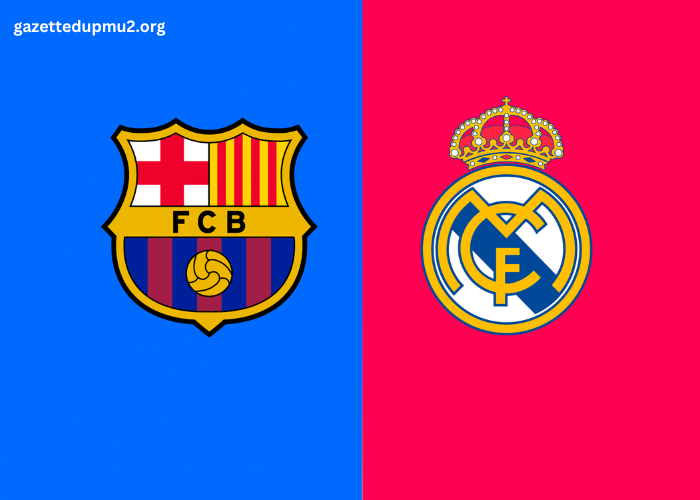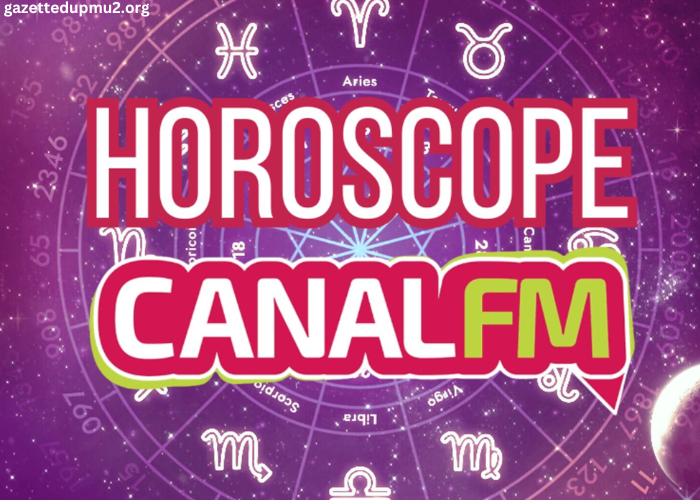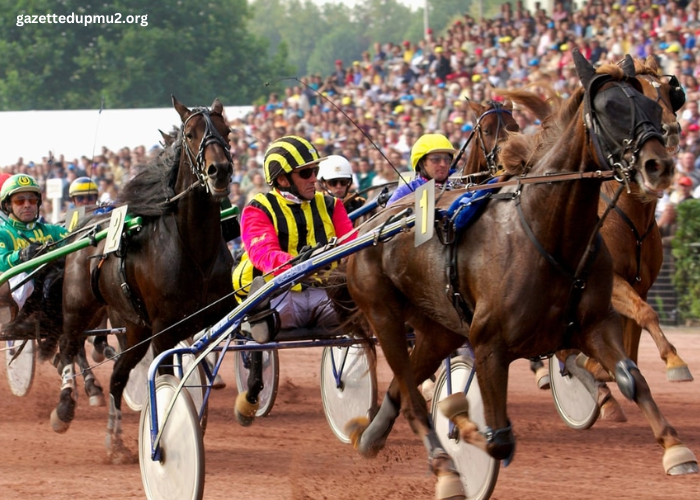The rivalry between FC Barcelona and Real Madrid is one of the most intense and historic in the world of football. Known as El Clásico, this fixture is more than just a game; it’s a cultural event that captivates audiences globally. With deep-rooted historical, political, and footballing significance, the clashes between these two Spanish giants have transcended sports to become a phenomenon that symbolizes passion, pride, and competitive spirit.
The Historical Context of El Clásico
The origins of El Clásico date back to the early 20th century, rooted in the fierce competition between Catalonia and Castile. FC Barcelona, representing Catalonia, and Real Madrid, embodying the Castilian identity, have been at odds since their first encounter in 1902. The political and cultural tensions of Spain have only fueled the rivalry, making each match a battleground for more than just points in the league.
In the early years, the clashes were more about local pride and regional superiority. However, as both clubs grew in stature and influence, the rivalry expanded into one of the most anticipated fixtures on the football calendar. The matches are a showcase of not only footballing excellence but also the broader socio-political narratives of Spain.
The Footballing Greats
Over the decades, El Clásico has featured some of the greatest footballers in history. Icons such as Alfredo Di Stéfano, Johan Cruyff, Diego Maradona, and Zinedine Zidane have graced the pitch in these high-stakes matches, contributing to the fixture’s legendary status. The clash between Lionel Messi and Cristiano Ronaldo was particularly significant in the 21st century, with both players often defining the outcome of these encounters.
Messi’s tenure at Barcelona saw him become the all-time top scorer in El Clásico matches, showcasing his remarkable ability to rise to the occasion. Ronaldo’s performances for Real Madrid during his era were equally impactful, often turning games in favor of his side with crucial goals and decisive plays. Their individual brilliance and fierce competition only added to the intensity of the fixture.
The Tactical Battles
El Clásico is not just about star power; it is also a clash of tactical philosophies. Barcelona’s footballing philosophy, often associated with the tiki-taka style pioneered under Johan Cruyff and further developed by Pep Guardiola, emphasizes possession, quick passing, and fluid movement. This style has often clashed with Real Madrid’s counter-attacking approach, which focuses on speed, direct play, and exploiting the spaces left by the opposition.
The tactical adjustments made by the coaches in these matches are crucial. Managers such as Luis Enrique, José Mourinho, and Carlo Ancelotti have all had their say in shaping the outcomes of El Clásico encounters. The chess match between these tactical minds adds another layer of intrigue to the fixture, with each manager looking to outwit the other.
Memorable Matches and Moments
The history of El Clásico is filled with memorable matches and unforgettable moments. One such match was the 6-2 victory for Real Madrid at Camp Nou in 2009, which was a decisive moment in the La Liga title race. Real Madrid’s performance in that game was a testament to their attacking prowess and the tactical acumen of then-manager Manuel Pellegrini.
Another iconic moment came in 2010 when Lionel Messi scored a stunning hat-trick to lead Barcelona to a 5-0 victory over Real Madrid. This match, often referred to as “La Manita,” showcased Barcelona’s dominance and Messi’s brilliance, further solidifying his status as one of the greatest players in the history of the sport.
The Global Impact
El Clásico’s influence extends far beyond Spain, attracting a global audience of millions. The fixture is broadcast in over 180 countries, with fans from all corners of the world tuning in to witness the drama unfold. The international appeal of El Clásico has contributed to its status as one of the most-watched football events globally.
The global impact is also reflected in the fan base of both clubs, which spans across continents. Barcelona and Real Madrid have established massive followings worldwide, with supporters passionately engaging in the rivalry regardless of their geographical location. This international fan base adds to the excitement and anticipation surrounding each El Clásico.
The Economic and Cultural Significance
The financial stakes associated with El Clásico are substantial. The fixture generates significant revenue through matchday sales, broadcasting rights, and commercial partnerships. The economic impact of El Clásico is felt throughout Spain, with hotels, restaurants, and businesses in the host city benefiting from the influx of fans and media.
Culturally, El Clásico represents more than just a football match; it embodies the historical and social narratives of Spain. The fixture serves as a stage for expressions of regional identity and pride, with both Barcelona and Real Madrid symbolizing broader cultural and political themes.
The Future of El Clásico
As football continues to evolve, so too does the El Clásico rivalry. The future of this iconic fixture will likely see new stars emerge, fresh tactical approaches, and continued global interest. The rise of new talent and the changing dynamics of European football will shape the future encounters between Barcelona and Real Madrid.
The fixture remains a cornerstone of Spanish football and a highlight of the global football calendar. The continued rivalry between these two giants ensures that El Clásico will remain one of the most compelling and exciting matches in the sport.
Conclusion
El Clásico between FC Barcelona and Real Madrid is a fixture steeped in history, passion, and competitive fervor. It transcends football to become a symbol of regional pride and cultural identity. With a rich legacy of memorable matches, iconic players, and tactical battles, El Clásico continues to captivate audiences worldwide. As the rivalry progresses into the future, it will undoubtedly maintain its status as one of the most exhilarating and prestigious events in the world of football.




